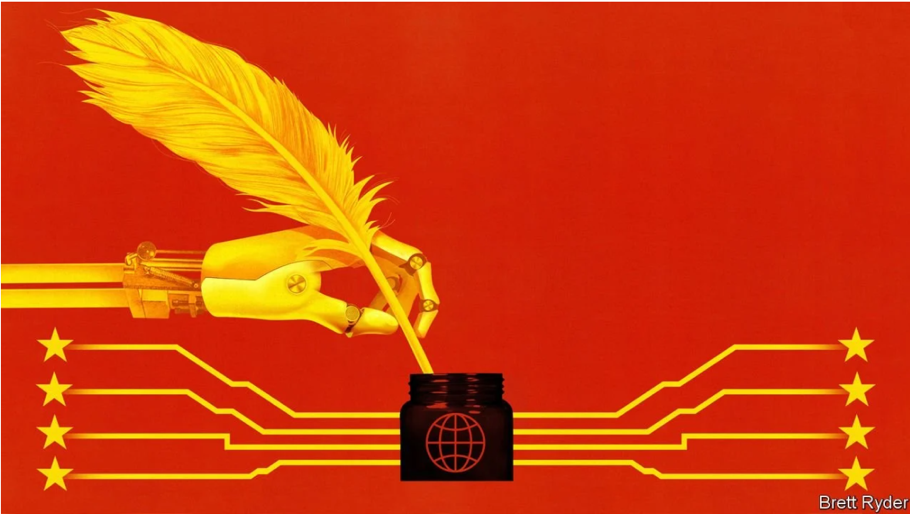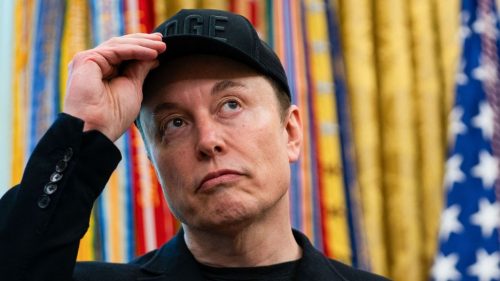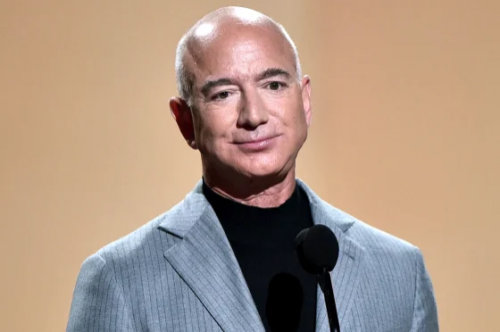South of the Huai river few geese can be seen through the rain and snow.” In classical Chinese this verse is a breakthrough—not in literature but in computing power. The line, composed by an artificial intelligence (ai) language model called Wu Dao 2.0, is indistinguishable in metre and tone from ancient poetry. The lab that built the software, the Beijing Academy of Artificial Intelligence (baai), challenges visitors to its website to distinguish between Wu Dao and flesh-and-blood 8th-century masters. Anecdotal evidence suggests that it fools most testers.
The system, whose name means “enlightenment” and which can emulate lowlier types of speech, derives its power from a neural network with 1.75trn variables and other inputs. gpt-3, a similar model built a year earlier by a team of researchers in San Francisco and deemed impressive at the time, considered just 175bn parameters. As such Wu Dao represents a leap in this type of machine learning, which tries to emulate the workings of the human brain. That delights fans of classical literature—but not as much as it does the Communist authorities in Beijing, which have put ai at the heart of China’s technological and economic master plan first set out in 2017. It spooks Western governments, which worry about ai’s less benign applications in areas like surveillance and warfighting. And it intrigues investors, who spy a huge business opportunity.
The article was originally published at The Economist.
The Boston Global Forum (BGF), in collaboration with the United Nations Centennial Initiative, released a major work entitled Remaking the World – Toward an Age of Global Enlightenment. More than twenty distinguished leaders, scholars, analysts, and thinkers put forth unprecedented approaches to the challenges before us. These include President of the European Commission Ursula von der Leyen, Governor Michael Dukakis, Father of Internet Vint Cerf, Former Secretary of Defense Ash Carter, Harvard University Professors Joseph Nye and Thomas Patterson, MIT Professors Nazli Choucri and Alex ‘Sandy’ Pentland, and European Parliament Member Eva Kaili. The BGF introduced core concepts shaping pathbreaking international initiatives, notably, the Social Contract for the AI Age, an AI International Accord, the Global Alliance for Digital Governance, the AI World Society (AIWS) Ecosystem, and AIWS City.











